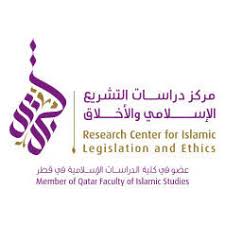The Research Center for Islamic Legislation and Ethics (CILE), leads the reform and renewal of contemporary Islamic legal and ethical thought and behavior by contributing a sustainable ethical framework for addressing contemporary global challenges. CILE’s initiative is maintained by the production, dissemination, and application of Islamic ethical thought and behavior.
Launched in January 2012, CILE specializes in Islamic Legislation and Ethics, with a focus on applied ethics in the fields of Methodology, Arts, Environment, Economics, Education, Food, Gender, Media, Bioethics, Migration & Human Rights, Politics and Psychology.
CILE has developed the following methodological approaches to guide its work:
- Reconciling spirituality and science, legislation and ethics, and laws and objectives, while emphasizing their complementary relationship.
- A broad and positive view of the Islamic sources of legislation and ethics.
- A practical spirit that transforms the science of Maqasid al-Sharia (higher objectives of Islam) from theory to practice in all spheres of life, contributing to the establishment of an Islamic legislative and ethical framework.
- A trans-disciplinary assessment of contemporary legal and ethical challenges.
- A holistic approach whereby scholars of texts from diverse Islamic traditions and scholars of the context from various natural and human sciences engage in an intellectual exercise.
- Critical self-assessment and reasoning that goes beyond short-term crisis management in favor of creative, long-term, transformative solutions to world problems.
CILE also launched its publication activities in three languages; Arabic, English, and French, with the series of “Islam and Applied Ethics” with HBKU Press, online international peer-reviewed “Journal of Islamic Ethics” with Brill, based in Leiden in the Netherlands, to be published in French by Tawhid, and in Arabic by Al-Shabaka.

